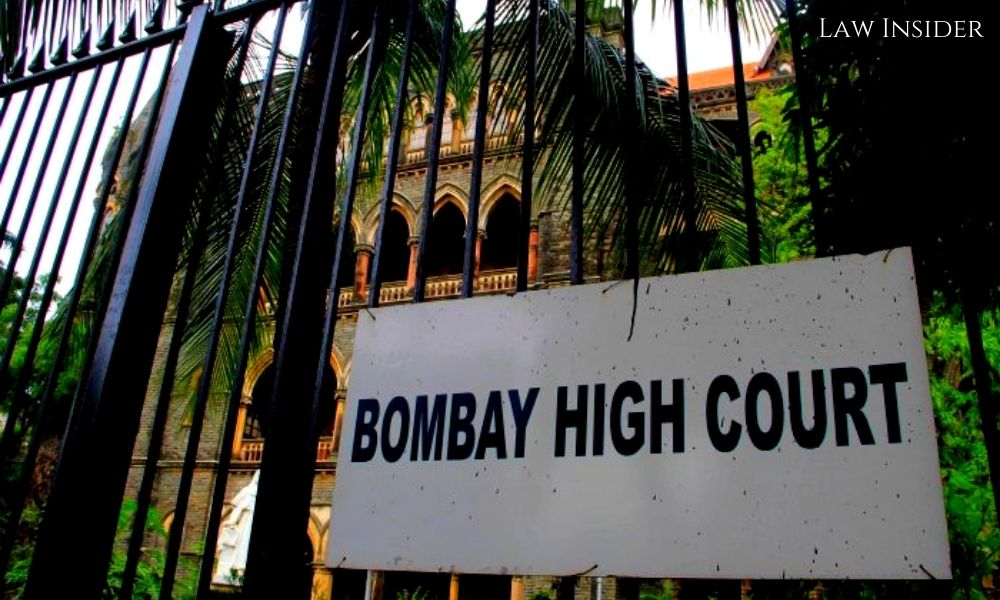Tanisha Rana
Published on: October 12, 2022 at 20:20 IST
In a significant order, the Bombay High Court has advised the Central government to make the offence under Section 498A (cruelty to wife by husband, relatives) of the Indian Penal Code compoundable.
The parties must come to the High Court personally, to have the proceedings under Section 498A quashed, which creates burdens, according to a division bench of Justices Revati Mohite Dere and Prithviraj Chavan.
“We may note, that every day, we have a minimum of 10 petitions/applications seeking quashing of Section 498A by consent, since 498A is a non-compoundable offence. Concerned parties, have to come personally before the Court from wherever they are residing, including from villages.”
“Thus incurring tremendous hardships for the parties concerned, apart from travelling expenses, litigation expenses and staying expenses in the city. Parties, if working, are required to take a day off,” the bench noted.
In addition to the difficulties faced by the parties, the bench stated that Section 498A might be rendered compoundable with the consent of the court hearing the matter, saving the High Court’s valuable time.
The Andhra Pradesh declared Section 498A compoundable back in 2003, the High Court noted.
“We direct the registry to send a copy of our order to the Additional Solicitor General so that he can take any required measures and bring the matter up as soon as possible before the relevant Ministry,” the bench ruled.
Three family members came to Justice Dere’s bench during the petition hearing to have the proceedings under Section 498A quashed.
The bench took note of the fact that the three petitioners, who resided in three separate and remote districts—Pune, Satara, and Navi Mumbai—had to travel all the way to Mumbai in order to attend the proceedings because they were required to be physically present during the hearing.
Given the peaceful resolution between the complainant woman and her in-laws, the bench dismissed the FIR that had been filed against the petitioners in the Hadapsar police station in Pune.
It was noticed that the woman had consented to have the FIRs dismissed after receiving 10 lakh rupees of the 25 lakh rupees in alimony.
The bench did observe, however, that numerous petitions seeking to invalidate Section 498A and other compoundable offences when parties come to an amicable agreement are submitted in the High Court on a regular basis.
The fact that the parties must file applications or writ petitions in this Court, be present in this High Court, file affidavits, and provide proof of their identities in order to quash the proceeding is immaterial, the bench stated. “It is immaterial, whether the parties have reconciled or have amicably resolved their disputes and entered into consent terms.”
The bench then requested assistance from Advocate General (AG) Ashutosh Kumbhakoni, who revealed that the State has enacted a bill in both of its chambers in July 2018 to compound the offence under Section 498A.
According to the AG, the measure was given to the President for his approval and, in accordance with protocol, the President’s office forwarded it to the Union Ministry of Women and Child Development for comments.
The State had reacted with an explanation for its intention to compound the offence after the Union ministry stated that “diluting the offence would not be in the interest of the victim.” It was noted that the ministry has not yet responded to the clarification.
The bench also took note of the Law Commission’s recommendation to compound the aforementioned offence in its 237th and 243rd reports.
It also considered the fact that 1,11,549 instances were reported under 498A in total according to the National Crime Records Bureau (NCRB) 2020 report.
“Of these, 5,520 were closed by Police citing as false and overall 16,151 cases were closed by police either because they were false or there was a mistake of fact or law or it was a civil dispute etc. That is 14.4% of cases were closed by police for not finding merit in the case.”
“Around 96,497 men, 23,809 women were arrested under 498A, making total arrests under this section of 1,20,306 persons. A total of 18,967 cases were tried in courts of which 14,340 led to acquittal and 3,425 led to conviction,” the bench noted from the data.
The report also showed that 6,51,404 cases were pending for trial in 2020 alone.
The bench stated that the offence under Section 498A continues to be non-compoundable despite the law commission recommendations, the NCRB data, and the court judgments recommending a re-examination of the provision.
It therefore instructed ASG Anil Singh to request guidance from the relevant Union ministry.
The subject would be heard again on December 19.
The petitioners were represented by attorney Datta Mane.
For the complainant, lawyer Akash Yadav made his appearance.
JP Yagnik, Additional Public Prosecutor, represented the State.

